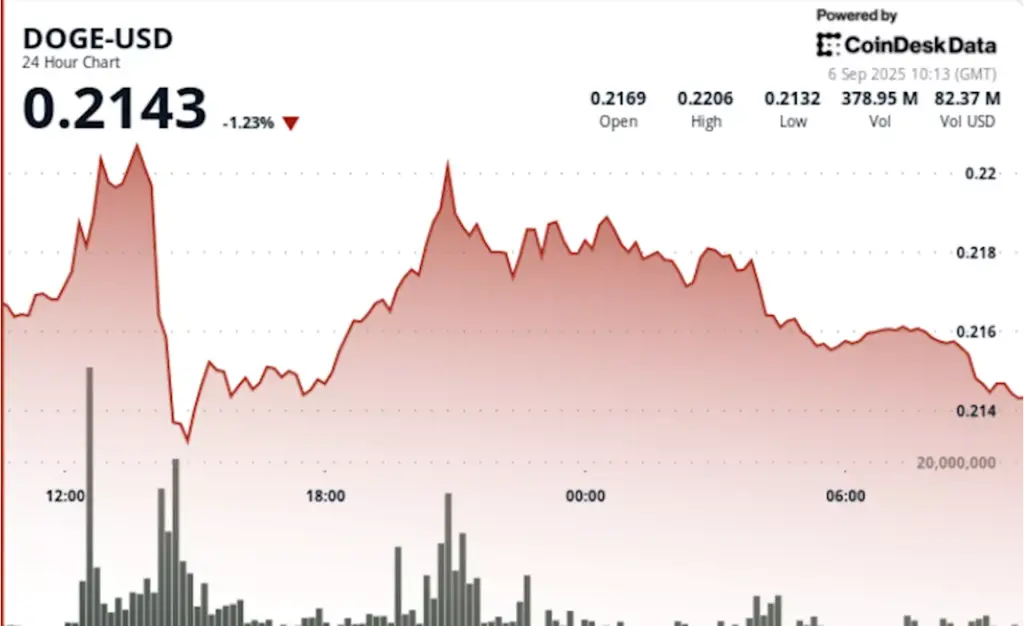
The latest data from the Commodity Futures Trading Commission (CFTC) indicates a notable decline in bullish positions on the Japanese yen (JPY) as traders adjust their strategies in response to the Federal Reserve’s evolving monetary policy. For the week ending September 2, 2023, market participants closely monitored signals regarding future interest rate decisions from the Federal Reserve, alongside speculation about the potential successor to current Chair Jerome Powell.
As traders reassess their outlook on the JPY, the diminishing bullish sentiment highlights a broader trend in the foreign exchange markets. The CFTC report reveals that net long positions in the yen have shrunk, suggesting that investors are becoming increasingly cautious amid uncertainty surrounding U.S. economic policy.
Market Sentiment Shifts Amid Fed Speculation
The decline in bullish bets reflects a shift in market sentiment, as traders weigh the implications of the Federal Reserve’s next moves. Analysts suggest that the central bank’s decisions, particularly regarding interest rates, will significantly influence currency valuations and trading strategies in the upcoming weeks.
Investors are particularly attentive to the Federal Reserve’s upcoming policy meetings, where discussions may focus on inflation and economic growth. The anticipation surrounding potential changes in leadership at the Fed adds another layer of complexity to the situation, as speculation grows about who might succeed Jerome Powell when his term concludes.
The CFTC data also highlights how fluctuations in the U.S. dollar’s value are impacting global currency markets. With the dollar remaining strong, the yen’s attractiveness as a safe-haven currency is being tested. This dynamic is prompting traders to reevaluate their positions as they navigate an increasingly volatile landscape.
Implications for Global Currency Markets
The ongoing adjustments in FX markets may have significant implications for international trade and investment flows. As the yen weakens against the dollar, businesses that rely on currency exchange for imports and exports could face increased costs. This may, in turn, impact inflation rates and consumer prices in Japan and beyond.
Market analysts are advising investors to remain vigilant as developments unfold with the Federal Reserve. The interplay between U.S. monetary policy and global economic conditions will continue to shape the trajectory of the yen and other currencies in the coming months.
In summary, the CFTC’s latest report underscores a critical juncture for the Japanese yen, as declining bullish bets reflect broader uncertainties in the global economy. Traders are poised to react to forthcoming developments from the Federal Reserve, which could redefine the currency landscape in the near future.






